Modern medicine is becoming more and more developed, and ancient Chinese medicine is not to be underestimated. They saved many people by their extraordinary medical skills.
Top Ten Famous Doctors in Ancient China
1.Bian Que扁鹊
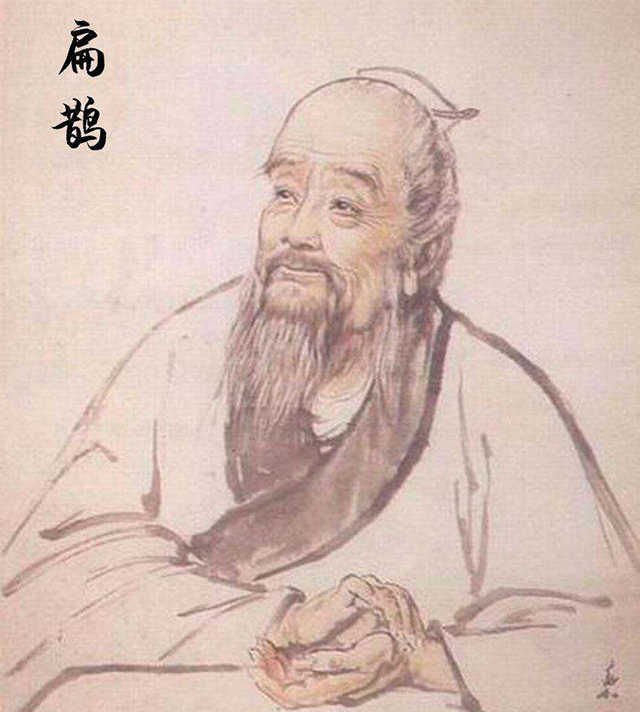
Bian Que was a medical scientist in the Warring States Period, and his real name was Qin Yueren. According to people’s research, he was born in the 19th year of Zhou Weilie (407s BC) and died in the five years of Emperor Nǎn (310s BC). Make good use of “needle stone”, “service soup”, “ironing” and other diseases, and the book “Bianque Nei Jing” and “Foreign Sutra” early. Why is he called “Bian Yu”? This is his nickname. Bianzhu is good at using four clinics, especially pulse diagnosis and observation to diagnose diseases. In the “Historical Records of the Biancang Public Biography”, two medical cases related to him were described: one is to diagnose the disease of Zhao Zijian by pulse diagnosis, and the other is to diagnose the disease of Qi Huanhou by means of a diagnosis.
2.Hua Tuo华佗
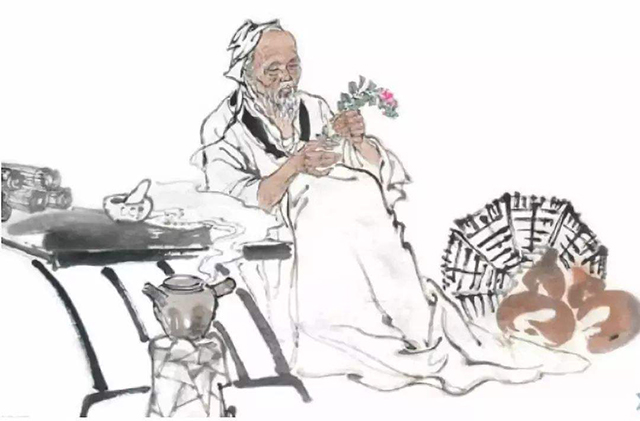
Hua Tuo, a native of Anhui Province. At the end of the Eastern Han Dynasty, he was proficient in internal medicine, gynecology, pediatrics, acupuncture, etc. He was especially good at surgery. The use of “Ma Fei San” was the earliest general anesthesia in the history of medical science in the world, and he also invented the “Wu Qin Xi”. According to human research, he was born in the first year of Han Yongjia (AD 145) and died in Jian’an thirteen years (AD 208). This test is very suspicious. Because “Han Han Shu Hua Chuan” has the record of Hua Tuo “years and centenarians, but there are still strong, time people think immortal.” According to this, Hua Tuo may not only live 64 years old. Hua Tuo has been killed for more than 1,700 years, but the people still miss him forever. There is Huaying Memorial Tomb in Xuzhou, Jiangsu Province; Huazu Temple in Pei County, a couplet in the temple, expresses the author’s feelings, sums up the life of Hua Tuo: “The doctors lick their belly, do not open the holy gate, who knows the prison The mediocrity caused the suicide note to be turned into a torch; the priests cleaned up the body, and the smugglers succumbed to the traitors and sorrows.
3.Zhang Zhongjing张仲景
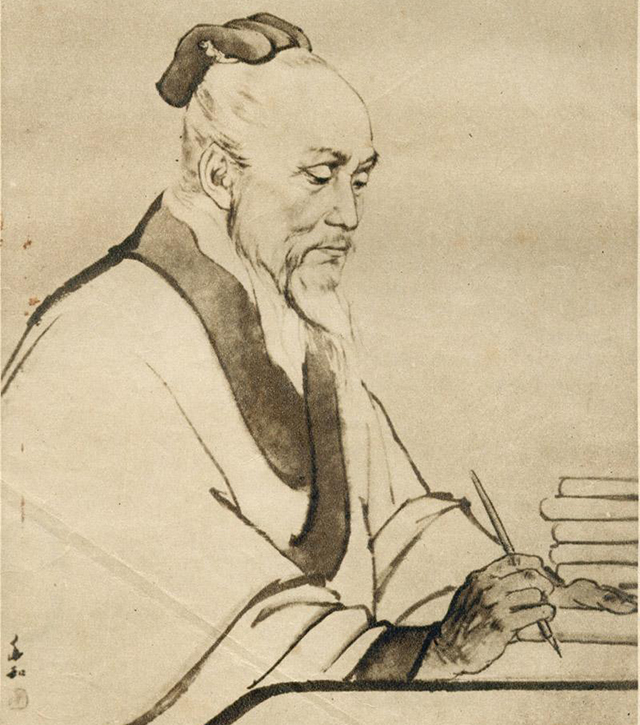
Zhang Zhongjing, an Eastern Han Dynasty (now a native of Nanyang County, Henan Province), was born in the Eastern Han Dynasty for one year (150 years) and died in Jian’an twenty-four years (219s). The Eastern Han medical scientist, resigned from the official medical profession, learned from all sides, and the “Treatise on Febrile Diseases”. “Treatise on Febrile Diseases” establishes the law of “diagnosis and treatment” of the motherland medicine. It lays the foundation for the treatment of Chinese medicine. It is the earliest classic book in China and has created a precedent for medical syndrome differentiation and treatment in the motherland. There are also unique aspects and profound influences on future generations. Therefore, all the doctors of the past have no respect for Zhang Zhongjing as the “medical saint”, so there is “the medical saint, that is, the doctor in the doctor, and the winner of this reputation, only Zhongjing Xianshi.” Hua Zhong, who was contemporary with Zhang Zhongjing, read “Typhoid fever.” On the post-Xi Xi: “This is also a living person.” Tao Hongjing of the Southern and Northern Dynasties said: “Only one side of Zhongjing is the ancestor of all the people.” Sun Siwei, a medical doctor of the Tang Dynasty, said: “The secrets of the Jiangnan teachers are not passed down.” It can be seen that Zhang Zhongjing’s doctors are valuable. “Treatise on Febrile Diseases” still guides clinical practice and is a must-read for medical doctors.
4.Huang Fumi皇甫谧
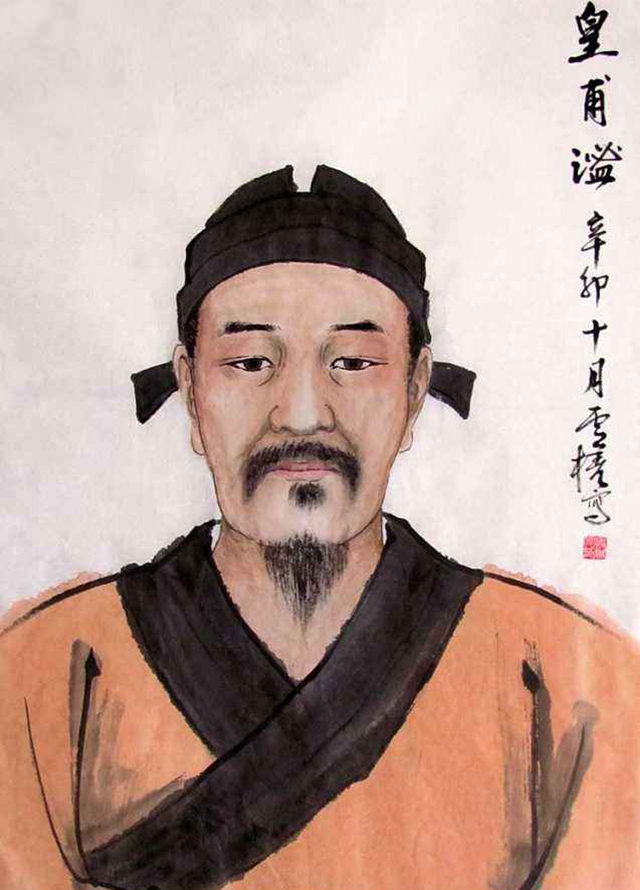
Huang Fumi, when he was a child, was called Jing, and he called himself Xuan Zang in his later years. Wei Jin medical scientist. The Western Jin Dynasty settled in that (now the town of Chaona, Lingtai County, Gansu Province). The famous doctor, whose book “Acupuncture and Moxibustion” is the first monograph of acupuncture and moxibustion in China, summed up the achievements of acupuncture before Jin, and has a high academic status in the history of acupuncture. There is also the “Emperor Century” and so on.
5.Ge Hong葛洪
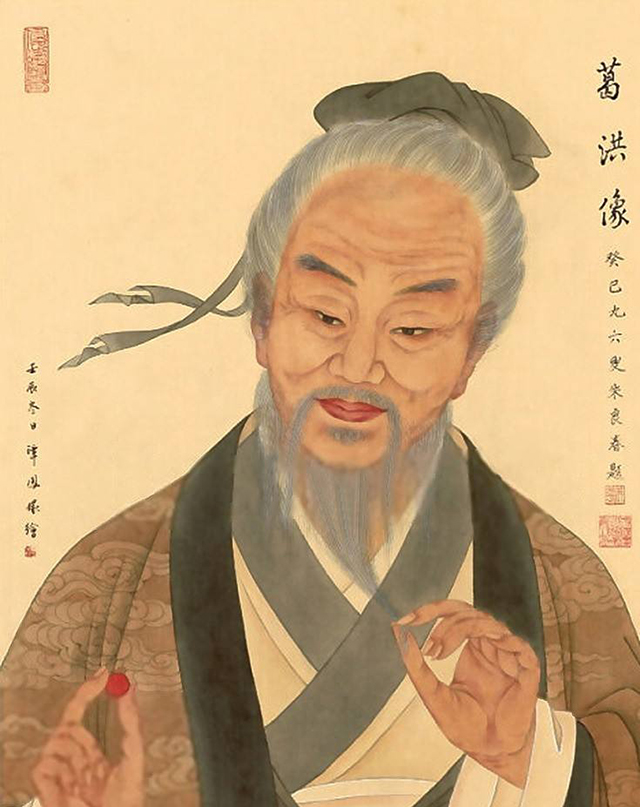
Ge Hong, known as “Ge Xian Weng”, a Western Jin thinker and medical scientist. Jurong County, Danyang (now Jurong County, Jiangsu Province). He was born in Jin Taikang four years (AD 183) and died in the first year of Xingning in the Eastern Jin Dynasty (AD 363). In his later years, he lived in Luofu Mountain in Guangdong Province, where he used alchemy, medicine, and writing until his death. He is also a well-known scientist in ancient times. He has many important discoveries and creations in medicine and pharmaceutical chemistry, and he has many excellent insights in literature. His work is about 530 volumes. However, most of them have been scattered, and the ones that have been passed down to the present are mainly the medical works of “Bao Puzi” and “Evening the Emperor”. According to historical records, there are still 100 volumes of “Golden Medicine”. Ten volumes of the food side, four volumes of “food party”, five volumes of “Yushan fried side”.
6.Sun Simiao孙思邈
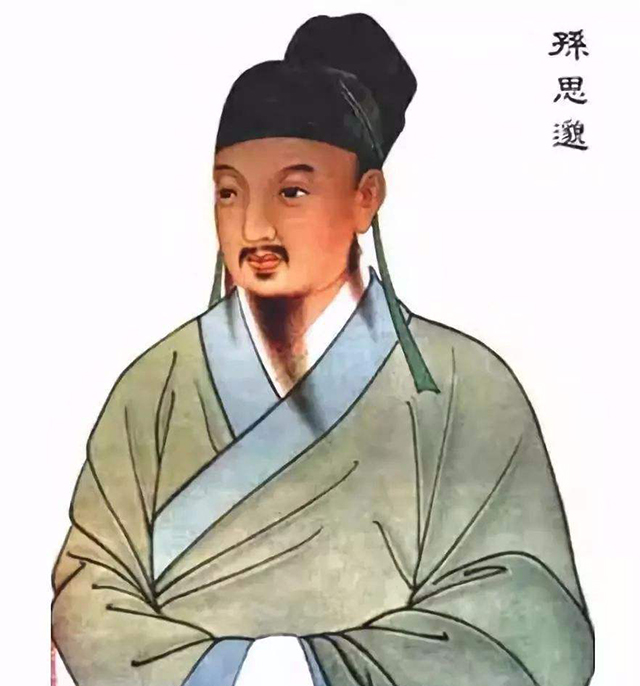
Sun Simiao is a native of Jingzhaodong (now Sunjiatun of Yaoxian County, Shaanxi Province). He was born in the first year of Emperor Kaihuang and died in the first year of Tang Yongzhen. He lived 102 years old (also said that he lived 141 years old). He is a famous medical scientist and pharmacologist in the history of China and the world. In history, it has been honored as a “drug king.” He devoted his life to medical research work, and he has established “Qian Jin Fang” to create a classification system for ill and rickets, which has made great contributions to medicine.
7.Qian Yi钱乙
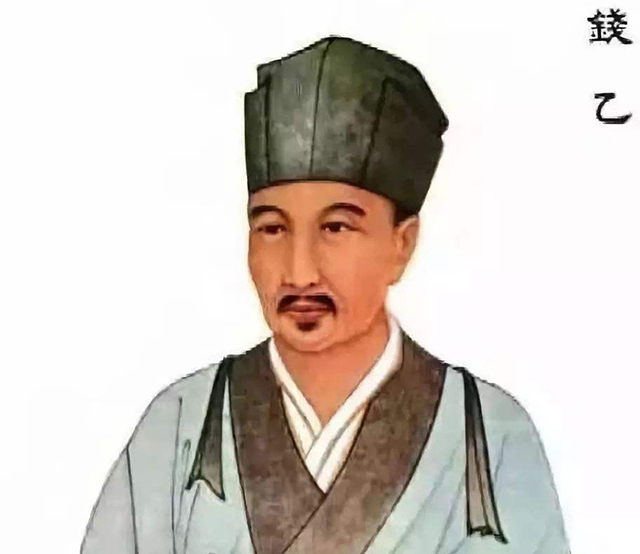
Qian Yi, a medical scientist in the Northern Song Dynasty, was famous for his pediatrics. He was a doctor of the late Qing Dynasty. He was known for his ancestral ancestor. He was a native of Zhejiang Qiantang. His grandfather moved northward and became a native of Dongping Zhangzhou (now Shandong Lucheng County). He was born in the first year of Song and Ming Dynasties (AD 103) and died in politics and three years (AD 1113). His book “Pediatric Drugs Directly” is the first existing pediatric monograph in China. For the first time, it systematically summed up the dialectical treatment of children, which made the pediatrics develop into an independent discipline. Later generations regarded it as a classic work of pediatrics, and called Qian Yizun as “the sacred priest” and “the originator of the young family.” There are also “Indications for Typhoid” and “Baby Theory”.
8.Zhu Zhenheng朱震亨
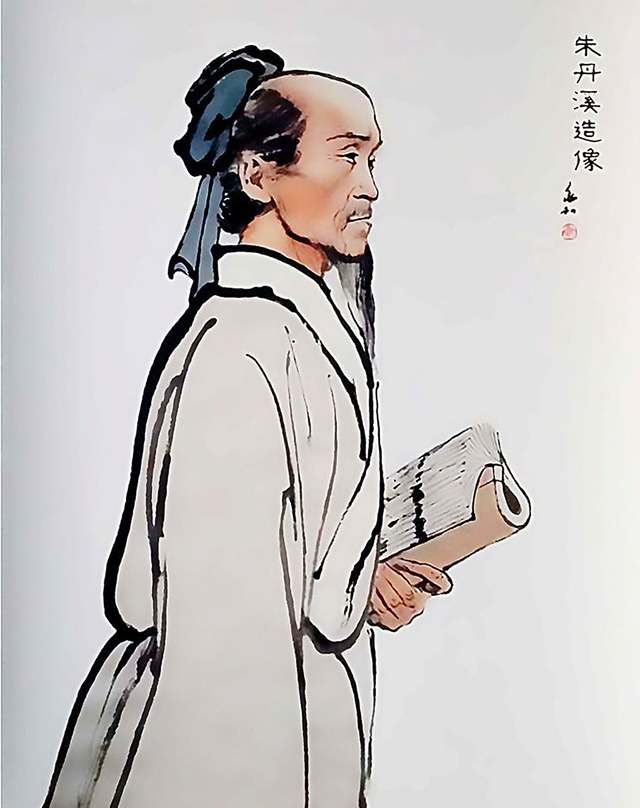
Among the four members of the Jinyuan, Zhu Zhenheng was the latest. He first studied Confucianism and later changed his medical ethics. On the basis of studying classic works such as Su Wen and Difficult, he visited a famous doctor and was promoted by Liu Wansu’s re-transmission of the first son Luo Zhiyu. A generation of famous doctors. Zhu Zhenheng thought that the three schools said that in addition to the law of purging fire, attacking evil spirits, and supplementing the Chinese qi and qi, it is still unprepared for the yin and yin. Advocating the saying that “there is always more than enough, and the yin is often inadequate”, it is said that the human body is yin and the essence is important, so it is called the founder of “Ziyin School”. Clinical treatment, the effect is like a gongs and drums, the more you have to take the medicine, the more you do not need to return to the case, so the time is known as “Zhu Yi posted.” There are many disciples, Fang Shuguang Chuan, the most famous medical scientist in the Yuan Dynasty.
9.Li Shizhen李时珍
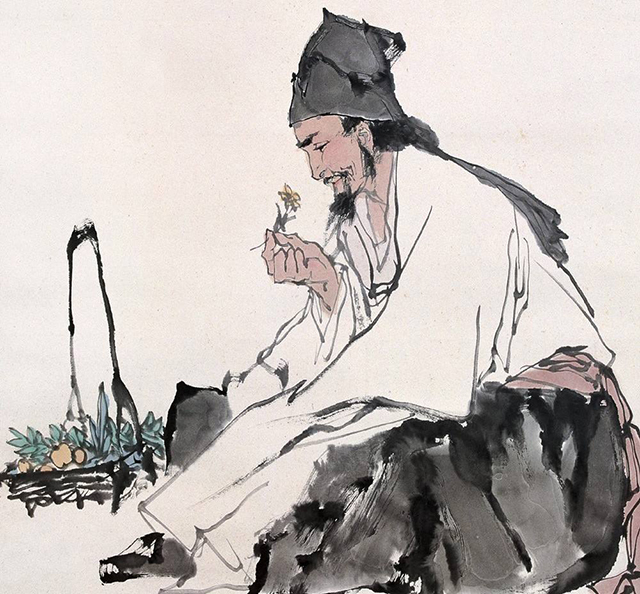
Li Shizhen, a medical scientist of the Ming Dynasty, was born in Hubei Province (now Hunchun County, Hubei Province). He was born in the 13th year of Mingwu Zongzheng (AD 1518) and died in the 21st year of Emperor Zong Wanli (AD 1593). His father Li Yan heard the local famous doctor. Li Shizhen inherited the family study, paying special attention to the herbal medicine, and is full of practical spirit, willing to learn from the working people. When Li Shizhen was thirty-eight years old, he was taken to the Wangfu by the Chu Wang of Wuchang, and he was also responsible for the affairs of the Liangyi Institute. Three years later, he was recommended to be sentenced to Beijing Rentai Hospital. Tai Hospital is a medical institution that serves the court. At that time, it was smoldered by some quack doctors. Li Shizhen only served for a year and resigned to return home. Li Shizhen has referenced more than 800 kinds of related medicines and academic books in the past, combined with his own experience and investigation and research, and has been searching for more than 30 years and three times to become the “Compendium of Materia Medica”, which is a great work in the medical history of China. It is a summative masterpiece of pharmacology before the Ming Dynasty in China. There are high evaluations at home and abroad, and there are several translations or translations of the text. There are also books such as “Wuhu Pulse Study” and “Qing Jing Eight Pulses”.
10.Ye Tianshi叶天士
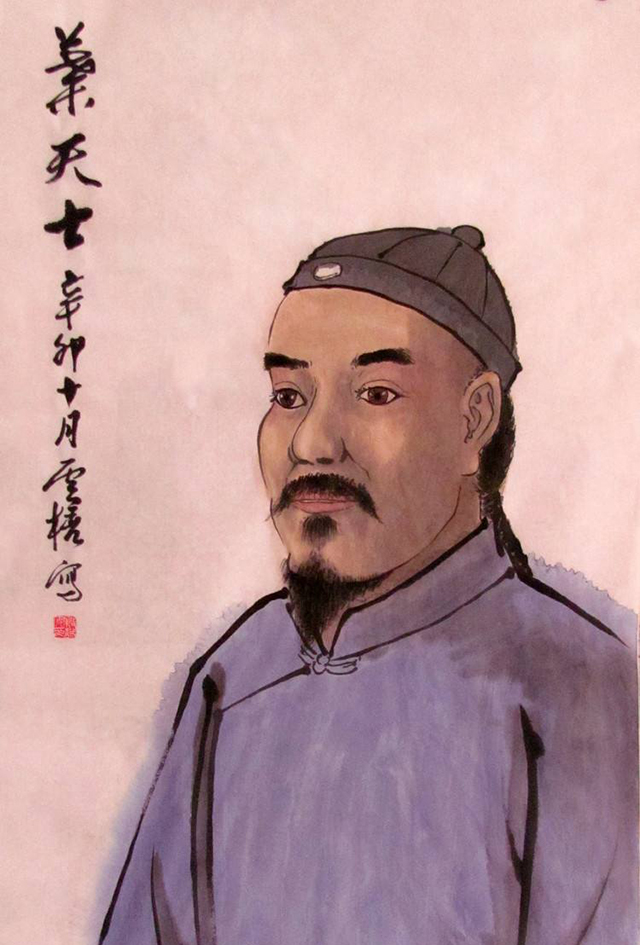
Ye Gui, Tian Shi, medical scientist of the Qing Dynasty. Wu County, Jiangsu Province (1667-1746), grandfather Ye Shi and his father Ye Chaocai are local famous doctors. When Ye Guiyou was a doctor with his father, when his father died at the age of 14, he continued to study with his father’s surname Zhu. He was diligent and eager to learn, and he was brilliant. In a few years, he surpassed Mr. Zhu who taught him. He is the founder of the School of Traditional Chinese Medicine in the history of Chinese medicine. His prestige status is not under the “Four People of the Jin and Yuan Dynasties”, but also the characters of the famous Jiangnan and North. His book “Therapeutic Theory” is still highly regarded by clinical doctors. It is especially good at treating diseases such as Qijing, spleen and stomach, and pediatrics. There are still “Leaf Cases” and “The Last Medical Case”.